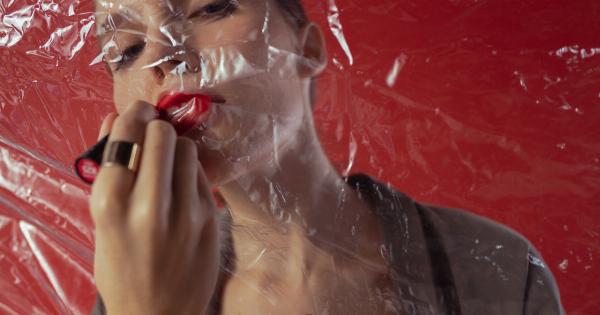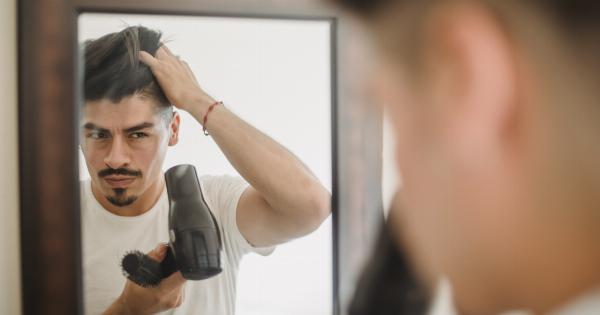Zinc is an essential mineral that is involved in various functions in the body, such as cell growth, immune function, wound healing, and protein synthesis. It is also important for maintaining healthy skin, hair, and nails.
However, many people may not be meeting their daily requirement of zinc and may be experiencing symptoms of a deficiency.
What is Zinc Deficiency?
Zinc deficiency occurs when there is a lack of zinc in the body. This can be due to inadequate dietary intake, impaired absorption, or an increased demand for zinc due to various factors such as growth, pregnancy, or illness.
Causes of Zinc Deficiency
Zinc deficiency can occur due to various reasons, such as:.
- Inadequate dietary intake of zinc, such as in cases of restrictive diets or eating disorders
- Gastrointestinal disorders that impair zinc absorption, such as celiac disease, Crohn’s disease, or ulcerative colitis
- Chronic alcoholism
- Pregnancy and breastfeeding, which increase the demand for zinc
- Aging, which may result in decreased absorption and increased excretion of zinc
- Chronic kidney disease, which can result in increased zinc loss through urine
- Vegetarian or vegan diets, which may be low in zinc
Signs and Symptoms of Zinc Deficiency
Zinc deficiency can lead to various symptoms, including:.
- Cracked or chapped lips
- Hair loss or thinning hair
- Skin rashes or lesions
- Poor wound healing
- White spots on the nails
- Loss of appetite
- Weight loss
- Impaired sense of taste and smell
- Infections
- Depression
Zinc and Cracked Lips
Zinc is important for maintaining healthy skin, including the skin on our lips. If you are deficient in zinc, you may experience dry or cracked lips. Zinc helps to produce collagen, a protein that is important for skin health.
It also has anti-inflammatory properties that can help to prevent inflammation and irritation of the lips.
Applying a zinc-based lip balm may help to alleviate dry and cracked lips. However, it is important to address the underlying zinc deficiency through dietary changes or supplements.
Zinc and Hair Loss
Zinc is important for maintaining healthy hair and scalp. Zinc deficiency may result in hair loss or thinning hair. Zinc helps to maintain the hair follicles and support the growth of new hair.
In addition to zinc, other nutrients such as iron, biotin, and vitamin D are also important for hair growth and health.
If you are experiencing hair loss or thinning, it is important to consult a healthcare professional to determine the underlying cause and appropriate treatment.
How to Increase Zinc Intake
If you are experiencing symptoms of a zinc deficiency, it is important to increase your zinc intake through dietary sources or supplements. Good sources of zinc include:.
- Red meat
- Poultry
- Seafood, such as oysters, crab, and lobster
- Nuts and seeds
- Legumes, such as beans, lentils, and chickpeas
- Whole grains
- Dairy products
If you are unable to meet your daily zinc requirement through your diet, a supplement may be recommended.
However, it is important to consult a healthcare professional before taking any supplements, as excessive intake of zinc can also lead to toxicity.
Conclusion
Zinc is an essential mineral that is important for various functions in the body, including maintaining healthy skin, hair, and nails. Zinc deficiency can lead to symptoms such as cracked lips and hair loss.
If you are experiencing these symptoms, it is important to increase your zinc intake through dietary sources or supplements. However, it is important to consult a healthcare professional before taking any supplements to determine the appropriate dosage.


























